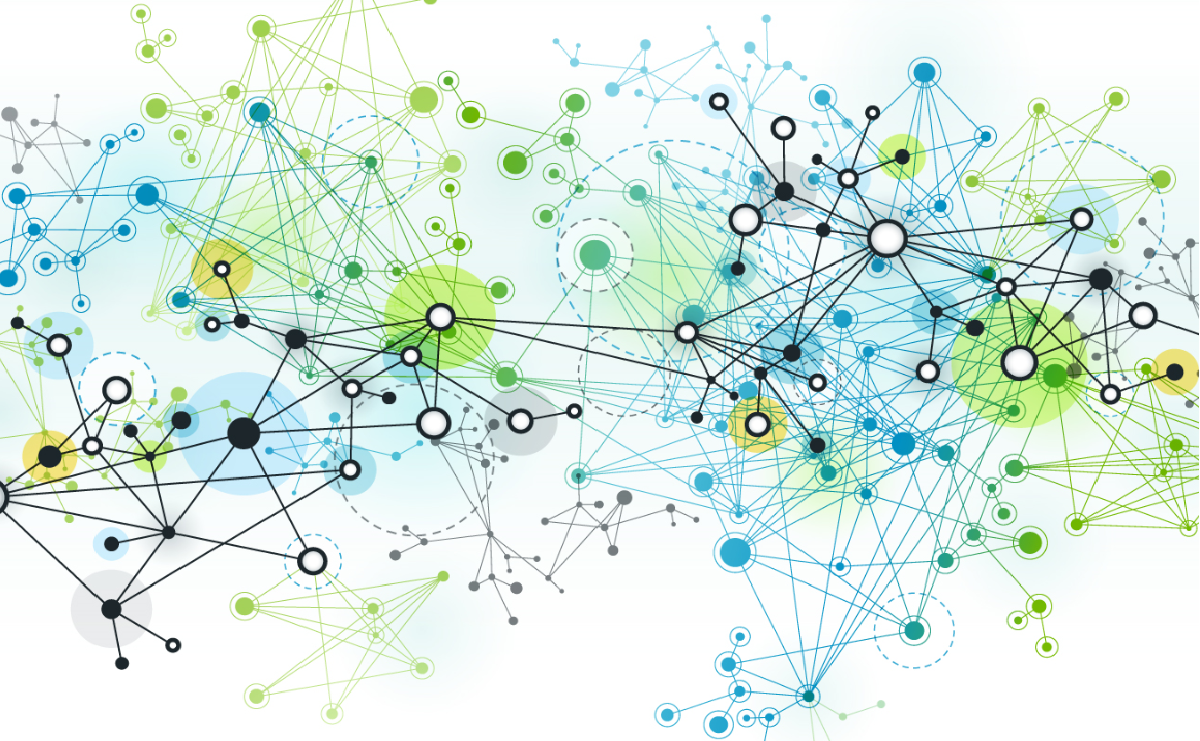What was discussed at Shaker Session #1?

On Thursday 22nd June 2023, a group of Glasgow’s tech meet-up organisers and tech ecosystem advocates came together to talk about what a truly inclusive and representative tech ecosystem could look like for the city.
This was the first of what we hope to be many conversations about how to welcome a diversity of voices in the design phase of Glasgow-wide initiatives that seek to connect tech with the city.
Whether it’s hosting coding sessions in the form of supportive clubs or providing a space for meet-up organisers to share their challenges with fellow organisers, Community Lab hosted this first Shaker Session in an effort to get people talking and ‘shake’ ideas into the proverbial pot.
More broadly, this session was created in the hope that it helps to shine a light on what a truly inclusive ‘Glasgow Tech Fringe’ (or words to that effect) could look like. It’s just a concept at this stage but we wanted to explore how the tech meet-up community could organise themselves in such a way that they can harness centralised funding while embracing a decentralised ‘fringe-like’ approach. Naturally, this raises questions about governance, communication, and collaboration that we hope these conversations will help to define/design.
Instead of concluding this first event by typing notes into a Word Doc that sits in a handful of inboxes and gathers dust before being lost to the ends of time, we thought it would make more sense to share our learnings with the world, hold ourselves accountable for what happens next, and keep a record of what was said.
The event took place on the sunny rooftop terrace at Clockwise Glasgow and was supported by Glasgow City Council’s Tech Smart Meetup Subsidy.
As a side note, for anyone who is looking to host a tech-related event in the city, Community Lab’s experience of applying for funding was pretty smooth and painless. You can apply here.
So, what did we learn from this first session?
In general, we think people enjoyed the format — it was a new thing for a lot of people. The venue was lovely, we sat outside, and the sun was shining. We used a guided conversation to structure the session.
Here are some reflections…
What makes you do what you do?
- A few people shared stories about not fitting the “status quo world” and felt that there is often a lack of support for underrepresented groups.
- Someone described the pleasure associated with passing their own privilege onto others — seeing them succeed and realising their potential.
- An attendee shared a story about returning from maternity leave, feeling a sense of isolation, and valuing those who were there to help. She is now keen to “pay it forward” by helping others in a similar position. She also mentioned that online access to events is a real lifeline as she tries to fit her interests around a busy home life (especially in the evenings).
- One contributor described a contrast between the “vibes” of tech meet-ups in other parts of the world vs. Scotland. They were keen to understand how this same energy could be cultivated in Glasgow’s tech scene.
- In general, there was overwhelming support for initiatives that promote personal growth for both meet-up organisers and attendees.
What does an ‘11 star experience’ look like for a Glasgow Tech Fringe?
- Vibrancy and variety in the people and event types.
- Initiatives that focus on the positives within Glasgow’s communities.
- A fringe that positions Glasgow as a flagship city for the tech community, on a national stage.
- Reaching a point where traditional meet-up organisers can “retire” from organising — things just happen by themselves through self-organisation.
- Paid community enablers can help to connect the dots and keep people informed of what’s happening where, and when.
- There was a nice point about the mental load of keeping sponsors and attendees happy and that this is a tough act for organisers. It can feel quite lonely as the only time you meet other organisers is at their meet-up (but you can’t feasibly go to everyone’s event!).
How do you feel about applying for tech ecosystem funding in Glasgow?
- In some cases, there are unnecessarily high barriers to entry (e.g. some funds require organisers to be registered companies).
- 10% of attendees didn’t know there was funding available.
- People said that blueprints and examples of successful applications would be useful.
- 25% of attendees had applied for event funding in the past.
How could a Glasgow Tech Fringe embrace inclusivity?
- Reaching across socioeconomic areas — there was a lot of discussion about identifying and supporting underserved communities in Glasgow.
- Delivering events across city lines!
- Thinking about how Glasgow’s tech ecosystem could engage with neighbouring remote/rural areas and apply tech to industries like agriculture.
- There was a comment about communities needing to organise themselves. The government, local governments or support agencies can provide support along the way, but they can’t do all the heavy lifting.
Any Other Business
- There was a feeling among the group that big companies are not doing enough to support communities in the city.
- There was definitely a feeling that there are too many silos — people want a “go-to” place for these collaborative conversations. As it stands, finding information is hard and promoting meet-ups is even harder.
- One person suggested a monthly newsletter for meet-up organisers. This could include meet-up news, signposting to opportunities, and information about activities happening across the city.
- Someone described a wish for a ‘Centralised Tech Hub’ which people could visit in their own time. They made the comparison to a library, but for tech.
When I asked RookieOven’s Michael Hayes what he thought about the event, he remarked that he “barely knew anyone there”.
If you know Michael or anything about his pedigree in Glasgow’s tech meet-up scene — the fact that even he was seeing lots of new faces speaks volumes.
What next?
I left Thursday’s event feeling encouraged that people wanted more discussions — that must be a good sign.
As a next step, Community Lab has created a group called Planning a Glasgow Tech Fringe which is there as a free space for anyone and everyone who wants to be part of a wider conversation about what it means to build a truly inclusive tech community in Glasgow.
You can join the group here.
Once we’ve got people in one place, let’s keep the momentum going — ask more questions, challenge the status quo, listen to quieter voices, celebrate new ideas, welcome complexity, and (hopefully), get a date in our diaries for round #2.
Thank you to everyone who attended last night and I look forward to meeting those who couldn’t make it at the next one!




